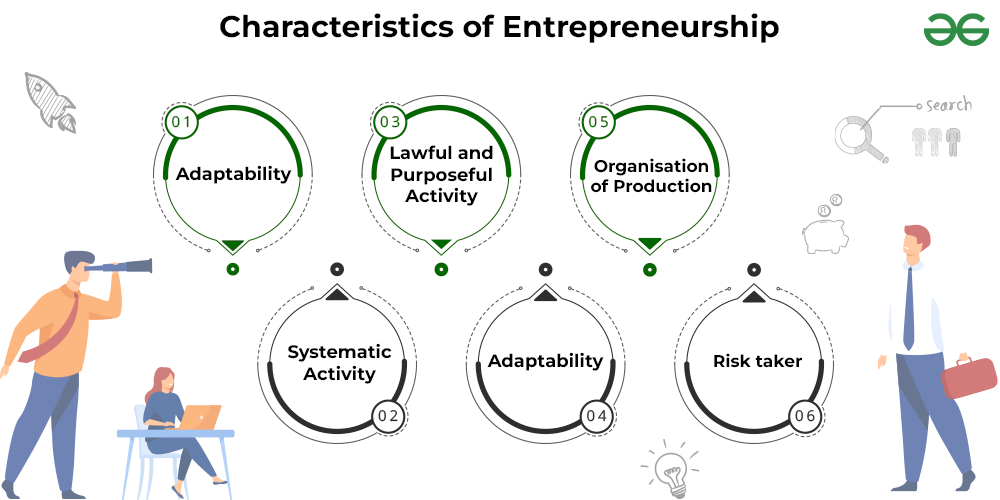The impact of research funding is exceptionally vital to maintaining the momentum of innovation and entrepreneurship in the United States. Recently, the Harvard funding freeze has cast a dark shadow over numerous research initiatives, stifling opportunities for startups that rely on federal research grants. As these funding cuts pose a threat to the scientific community, the consequences ripple through the entire economy, potentially leading to declines in productivity reminiscent of the Great Recession. Moreover, entrepreneurship in universities faces an uphill battle as access to crucial resources dwindles, jeopardizing the birth of groundbreaking technologies and companies. Understanding the long-term effects of these funding disruptions is crucial for developing strategies to sustain American innovation and economic growth.
Evaluating the significance of financial support for research endeavors reveals its profound effect on the landscape of technological advancement and new venture creation. The cessation of grants and funding opportunities, particularly evident in institutions like Harvard, creates a barrier for aspiring entrepreneurs who depend on university resources and entrepreneurial programs. The ongoing debate surrounding federal allocations reflects deeper implications for economic viability and growth in startup ecosystems. As universities play a pivotal role in nurturing talent and facilitating the transition of scientific ideas into marketable products, the reduction in available funding threatens not only emerging businesses but also the broader shift towards a knowledge-based economy. Recognizing these underlying dynamics is essential for stakeholders aiming to foster an environment where innovation can flourish despite financial uncertainties.
The Fallout of Harvard’s Funding Freeze
The recent funding freeze by the Trump administration, targeting over $2 billion in federal research grants at Harvard University, poses severe implications not only for the institution but also for the wider U.S. economy. The abrupt suspension of crucial funding means that vital research projects across various disciplines—particularly in science and medicine—are at risk of stagnation. This freeze could lead to significant disruptions, ultimately impacting the amount of innovation that emerges from Harvard’s renowned labs, such as the Wyss Institute and the Broad Institute, which have historically fueled entrepreneurship by commercializing research breakthroughs.
With research funding facing unprecedented cuts, the consequences are likely to extend far beyond immediate setbacks in lab productivity. A recent study has suggested that even if the total funding cuts are reduced to just 25% of what’s currently threatened, the U.S. GDP could shrink by as much as 3.8% in the coming years. This situation echoes the economic recession of 2008-2009, indicating that the ramifications of reduced federal research grants can have far-reaching effects on economic growth.
Frequently Asked Questions
What is the impact of the Harvard funding freeze on research innovation?
The Harvard funding freeze has significant implications for research innovation in the U.S. It threatens over $2 billion in grants that support scientific, medical, and technological advancements. As federal funding typically accelerates research initiatives, the freeze may disrupt ongoing projects, delaying the translation of innovative ideas into viable commercial applications, ultimately hindering economic growth.
How do federal research grants influence entrepreneurship in universities?
Federal research grants play a vital role in fostering entrepreneurship within universities. They provide essential funding that allows faculty and students to develop and commercialize their research innovations. These grants can lead to the creation of startups, leveraging the resources and talent within research universities to transform scientific breakthroughs into products and services that contribute to U.S. economic growth.
What are the long-term effects of funding cuts on startups and innovation?
Funding cuts can have profound long-term effects on startups and innovation. These reductions may lead to decreased research output, fewer emerging startups, and a slowdown in technological advancements. Over time, less investment in research may result in fewer breakthroughs that fuel economic growth, potentially leading to a less competitive U.S. economy on the global stage.
How does the impact of funding cuts affect federal research grants beyond immediate financial loss?
The impact of funding cuts on federal research grants extends beyond immediate financial loss; it creates a ripple effect that undermines long-term scientific progress. Reduced funding can demotivate researchers and drive talent away from academia, weaken collaboration opportunities, and stifle the creation of innovative startups. This stagnation in research can ultimately affect economic resilience and job creation.
What role do research universities play in mitigating the impact of funding freezes?
Research universities play a critical role in mitigating the impact of funding freezes by serving as incubation hubs for innovation. They can build strong entrepreneurship programs that leverage their research capabilities. By fostering collaborations between faculty, students, and industry, these institutions can create entrepreneurial ecosystems that persist despite funding challenges and continue to drive innovation.
Why is maintaining federal funding crucial for the economic health of the U.S.?
Maintaining federal funding is crucial for U.S. economic health because it directly supports high-quality research that leads to technological advancements and new startups. Every dollar invested in federal biomedical research generates substantial economic activity, which is essential for job creation and maintaining competitiveness in a global environment. A robust funding framework ensures ongoing innovation and sustainable growth.
How can the startup ecosystem adapt to changes in research funding?
The startup ecosystem can adapt to changes in research funding by diversifying funding sources and fostering stronger collaborations between private investors, venture capitalists, and research institutions. Emphasizing alternative funding models such as partnerships with industry and promoting entrepreneurship education can also help mitigate the potential impact of reduced federal research grants.
What steps can universities take to protect research funding in the face of potential cuts?
Universities can protect research funding by actively advocating for policy support at the federal level, enhancing transparency and accountability in their operations, and demonstrating the economic impacts of their research activities. Strengthening alumni networks and partnerships with private sector entities can also create additional opportunities for funding and minimize the impact of potential cuts.
| Key Points | Details |
|---|---|
| Impact of Research funding cuts | Cuts to research funding at Harvard could shrink U.S. GDP by 3.8%, comparable to the Great Recession. |
| University’s role in startups | Research universities like Harvard provide pathways through faculty and student initiatives, fostering innovation. |
| Importance of federal funding | Federal funding is crucial for generating novel ideas and attracting talent, leading to successful commercial ventures. |
| Short-term vs Long-term effects | Initial impacts are hiring freezes and canceled initiatives; long-term effects include fewer startups emerging. |
| Potential for reversal | Reversal is possible, but a 1-3 year ripple effect is expected before the full impact is realized. |
Summary
Research funding impact is crucial for fostering innovation and growth in the U.S. economy. As demonstrated by the ongoing disruption from the funding freeze at Harvard, the ramifications are profound, threatening both GDP and the entrepreneurial landscape. It is essential to recognize that a healthy flow of federal funding not only cultivates innovative ideas but also initiates the startup ecosystem, which is vital for economic development. The long-term effects of funding cuts could stifle the emergence of new companies, thereby hampering future economic growth. Addressing these funding challenges efficiently can help mitigate adverse effects on research, entrepreneurship, and the broader economy.



